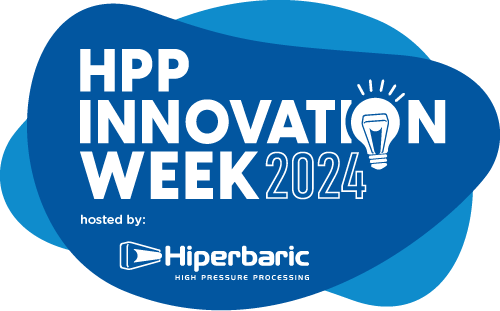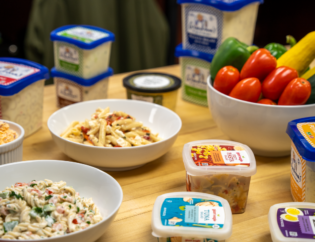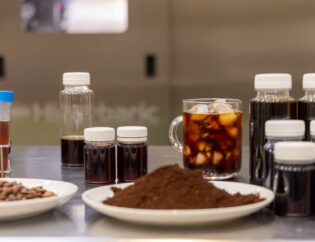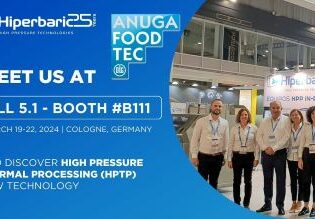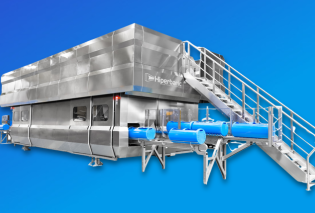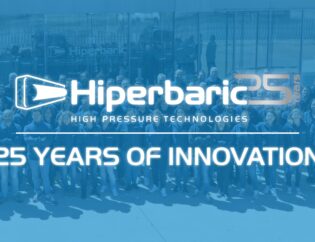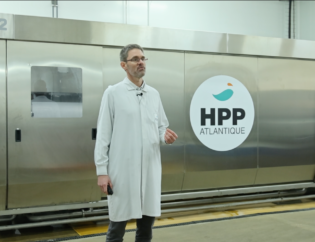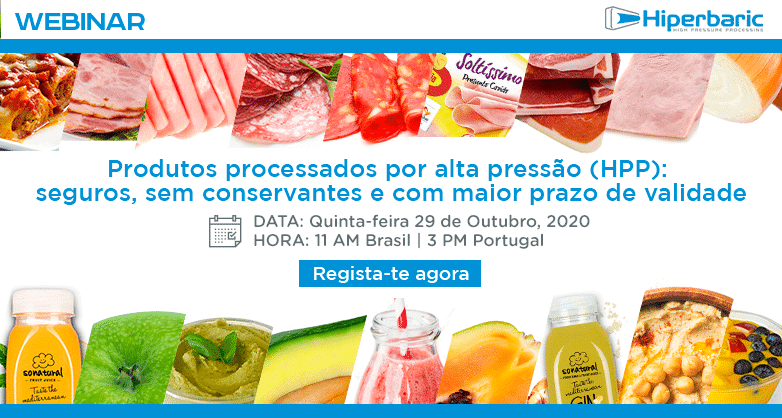

High Pressure Processing (HPP) has been gaining popularity in Portuguese speaking countries, especially in Brazil and Portugal. This interest is due to an increase in the demand for healthier and natural foods, which can be achieved by using a non-thermal preservation method such as HPP. Hiperbaric will host a webinar in Portuguese, where it will be present the success stories of the Brazilian company BRF, one of the largest food companies in the world, and GL, an innovative company with a variety of solutions in the market of juices and ready-to-eat (RTE) products based in Portugal.
Hiperbaric invites to you join another exciting webinar on High Pressure Processing (HPP). This webinar will focus on Portuguese speaking countries, with special attention to the potentialities of HPP in the Brazilian and Portuguese markets. Consumers from both countries have shown interest in minimally processed food, and some local companies are already using HPP for different applications to meet consumer demand.
HPP is known as a non-thermal preservation technique that uses water at cold or room temperature (4-25°C) to generate pressure levels up to 6,000 bar (87,000 psi / 600 MPa) to eliminate harmful and spoilage microorganisms, ultimately reducing or eliminating the need for chemical preservatives, while also extending the product shelf-life.
HPP preserves the fresh attributes of the ingredients, such as flavor and nutritional properties, for a few weeks up to a few months, under refrigeration. Not to mention, it can be applied to a wide range of applications such as juices and beverages, spreads and dips, meat products, ready-to-eat (RTE) meals, baby food, and pet food among others.
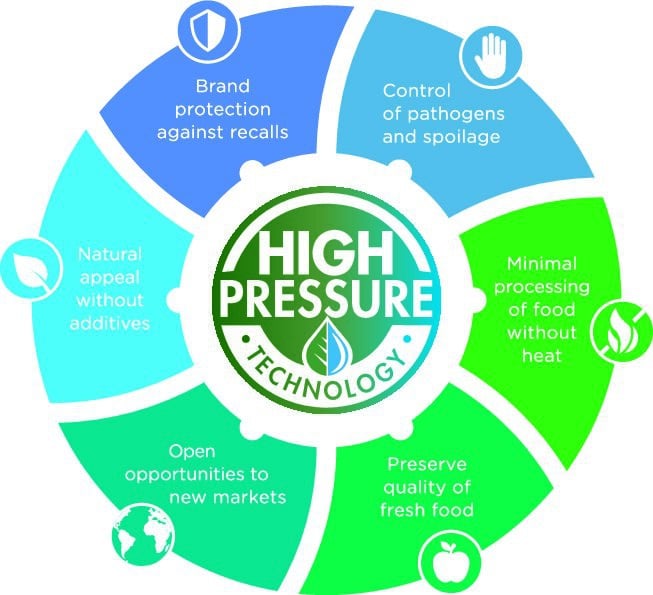
The Growing Trend of HPP products in Brazil and Portugal
Brazil has an estimated total population of 212 million, being the sixth most populated country in the world, which also characterizes its strong food industry service, with the meat sector having the highest growth rate in 2019. Not to mention, the country has a variety of rich fruits and vegetables. Additionally, Brazil is one of the main producers of sugarcane juice worldwide. This appreciated beverage is highly perishable and has several heat-sensitive components. By applying HPP, it is possible to avoid thermal processing and to better retain the sensorial attributes, vitamins, antioxidants, and other compounds of added value. Furthermore, since there is no need to add preservatives, it is possible to obtain a clean label with a longer shelf-life.
For example, in the image below, you can see the scores of a study scoring the sensorial properties on sugarcane juice subjected to HPP vs. thermal pasteurization (TP). HPP was able to better retain the quality attributes of the sugarcane juice and obtain a product shelf-life of at least 28 days.
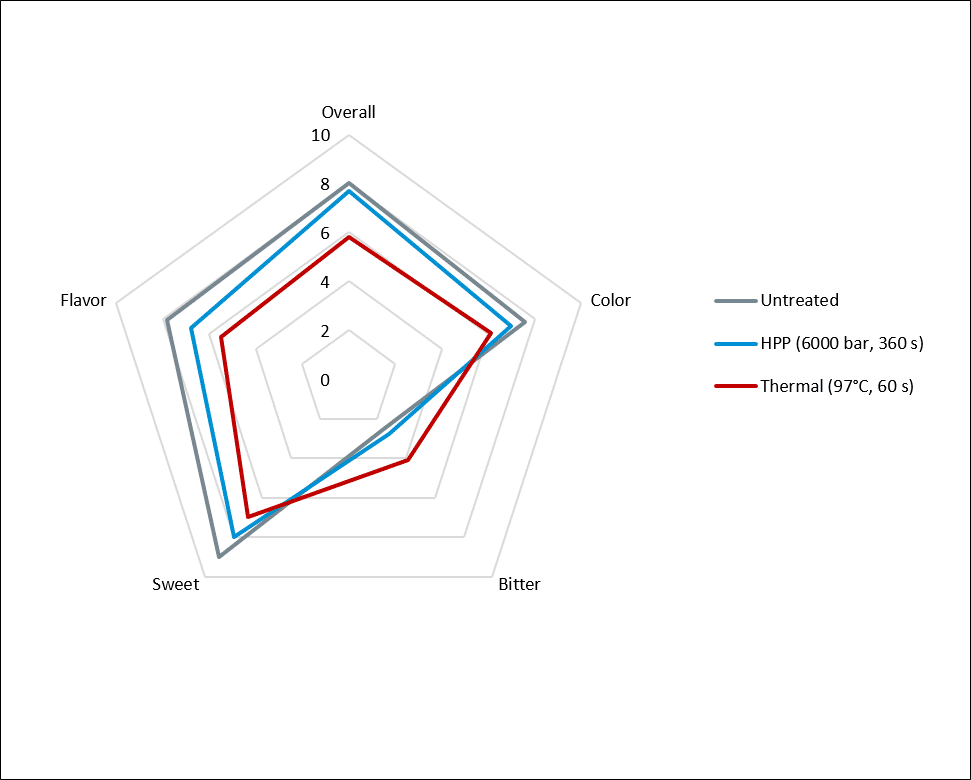
Portugal’s food industry is traditionally characterized by its strong and diverse fishing industry, however, in Brazil, its largest application is the meat sector. However, the Portuguese consumer has a new focus, with over half of the population willing to spend more money to buy healthier food. This scenario potentiates companies to find new preservation alternatives, such as high pressure processing, in order to avoid thermal pasteurization.
Main Applications in Portuguese-speaking Countries
The success of BRF is recognized worldwide. As one of the main exporters in Brazil, their products are sold in all five continents. This company is one of the world’s leading food industries in the meat sector. In addition, they were the first company to adopt HPP technology in Brazil, back in 2013. They started with a small machine, and quickly realized the need for a model with higher productivity, and after a short year, scaled for a new machine, with a higher production capacity.
BRF is well-known for its meat products, but also for a particular feature in the HPP packaging, being pioneers in implementing an easy to open package that allows consumers to reuse the packaging.
Two years later, in 2016, Green People acquired a machine and were pioneers in the market of HPP juices in Brazil, followed by Jaguacy, in 2018, that also invested in a Hiperbaric machine to process guacamole.
Portugal also has tremendous potential for HPP applications since consumer preferences are radically shifting towards healthier and convenient meals. This has contributed to the rise of RTE products, especially fruit and vegetable-based.
Consequently, two machines were installed in Portugal this year, one in Sopas Graciete and another in GL. Still, Hiperbaric is present in Portugal since 2013, when it installed a machined in the University of Aveiro used for research purposes.
Sopas Graciete is a family-owned company whose main activity is the production of soups, which are already commercialized in the largest grocery store chains of the country.
The company GL commercializes their HPP products under the brand Sonatural. It is an innovative company, well-known for its juices, smoothies and also their focus on creating new RTE solutions, like their hummus or overnight oats.
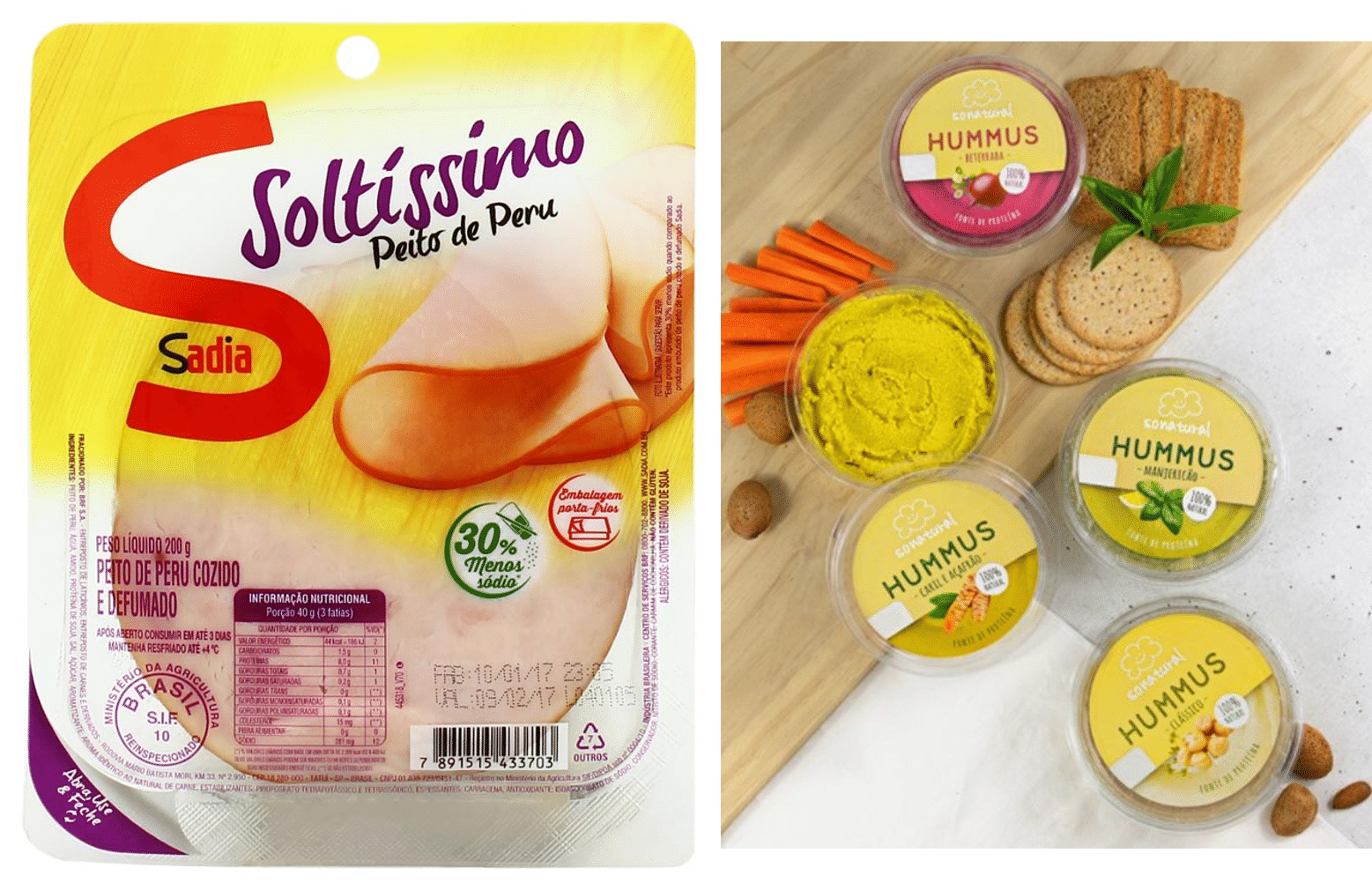
If you want to learn more about HPP technology and how to improve the safety and quality of your products, do not hesitate to contact Hiperbaric, the world leader in high pressure processing for the food industry.

